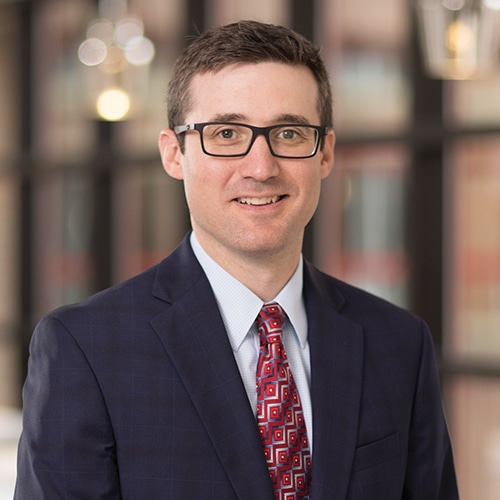(July 14, 2016) Michigan Supreme Court vacates prior order granting leave to appeal in case involving the impact of negotiated insurance discounts on a plaintiff’s recovery of damages. Unless the Legislature takes action, plaintiffs will be permitted to admit and recover the entire billed amount of medical expenses even if the medical providers accepted a lower amount as payment in full.
Under certain contractual agreements between health insurers and medical providers, many medical providers agree to accept a reduced amount for medical services provided to the patient as payment in full. In a surprising development, on July 8, 2016 the Michigan Supreme Court vacated its earlier grant of leave to appeal in Greer v Advantage Health (Docket No. 149494). In Greer, the Court of Appeals addressed the question of whether negotiated insurance discounts between health insurers and medical providers qualify as a collateral source and whether a plaintiff may introduce into evidence and ultimately recover the entire billed amount for medical bills even if the medical providers actually accepted a lower amount as payment in full. Under Michigan’s collateral source statute (MCL 600.6303), payment of a plaintiff’s medical bills by a collateral source is admissible following a verdict to reduce damages for past medical expenses unless the insurer(s) have exercised a valid lien based on the payment of medical expenses.
The Greer Court of Appeals panel held that a negotiated discount qualified as a collateral source but further held that discounts are removed from the definition of collateral source pursuant to the last sentence of MCL 600.6303(4) which provides that a “[c]ollateral source does not include benefits paid or payable by a person, partnership, association, corporation, or other legal entity entitled by contract to a lien against the proceeds of a recovery by a plaintiff in a civil action for damages, if the contractual lien has been exercised pursuant to subsection (3).” The Court of Appeals’ ruling allows plaintiffs in personal injury actions to recover the entire billed amount for past medical expenses even if their medical providers accepted a much lower amount as payment in full. This results in a potential windfall to plaintiffs as the insurer will be entitled to a lien as to the paid amount allowing plaintiffs to potentially recover and retain the difference between the paid and billed amount.
The Supreme Court initially granted leave to appeal on December 10, 2014. Oral argument was held on October 14, 2015. The Supreme Court’s opinion had been anticipated by the defense bar for several months. In a surprising development, the Supreme Court issued an order on July 8, 2016 vacating its prior order granting leave to appeal and stating that it was no longer persuaded the issue should be reviewed by the Court. Justice Zahara authored a concurring opinion for the stated purpose of bringing “this case to the attention of the Legislature.” After briefly analyzing the history and purpose of the collateral source rule, Justice Zahara wrote that the “Court of Appeals’ opinion will ultimately authorize some amount of recovery for medical expenses never incurred by injured plaintiffs.” Justice Zahara further wrote that to “the extent…the Legislature did not intend to allow windfall recovery of the retail price for medical services that were provided at a discount, the statute needs to be amended.” Justices Young and Markman joined with the concurrence authored by Justice Zahara.
Given the conservative majority on the Supreme Court, it appears the justices may have determined that the statutory language of MCL 600.6303 did not allow room for an interpretation to reverse the Court of Appeals’ decision. Rather than issue an opinion affirming the Court of Appeals, the justices elected to vacate the prior order granting leave to appeal. At least three justices felt compelled to issue a statement intended for review by the Legislature advocating for amendment of the statute to eliminate the loophole allowing plaintiffs to recover damages for medical expenses that were never incurred or paid by anyone. In short, it is now up to the Legislature to decide what, if any, action will be taken to address this issue.
More Publications



